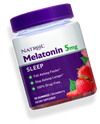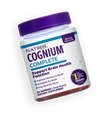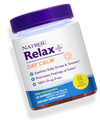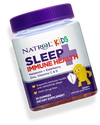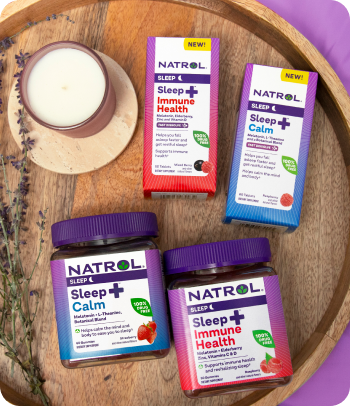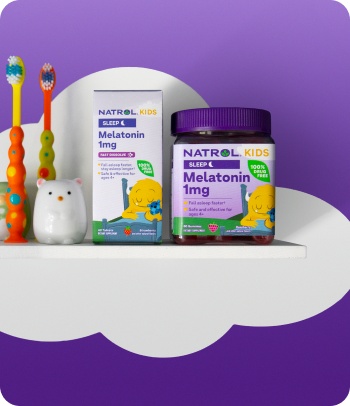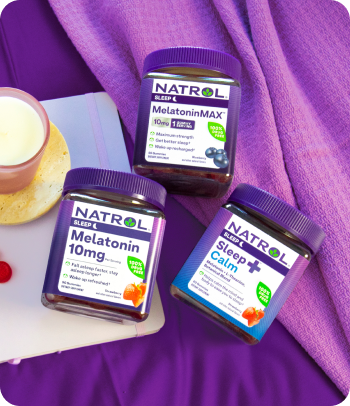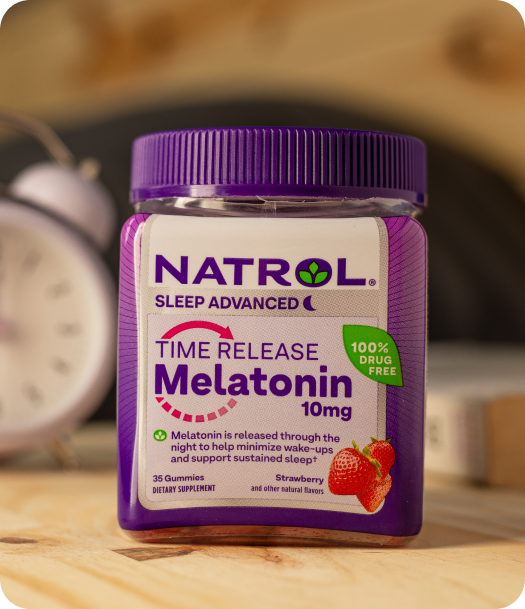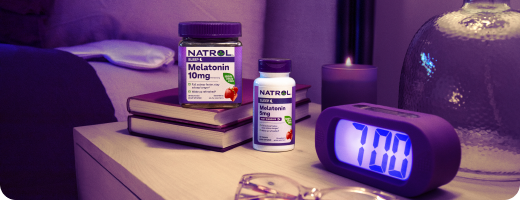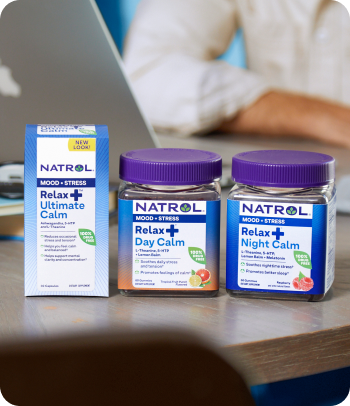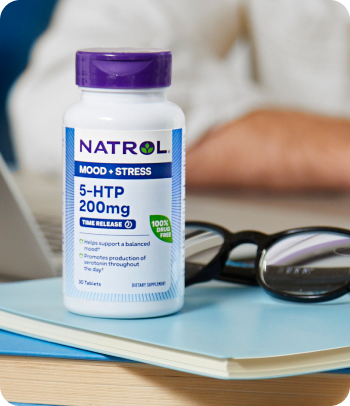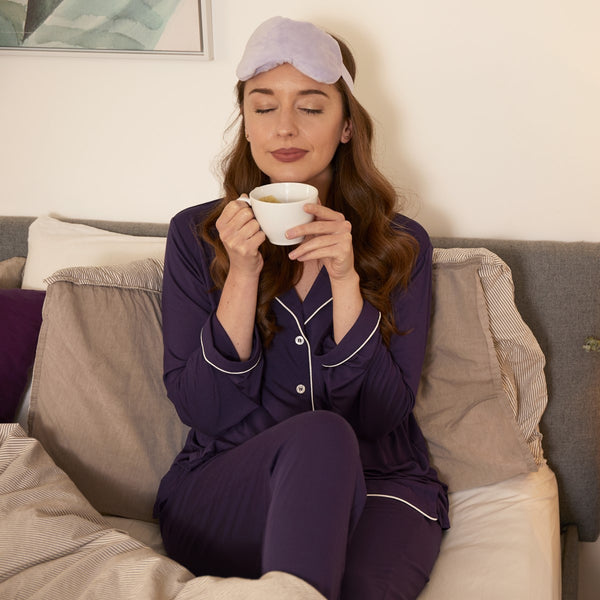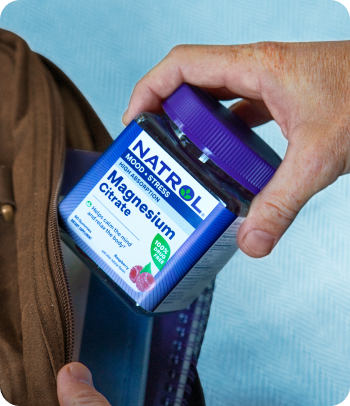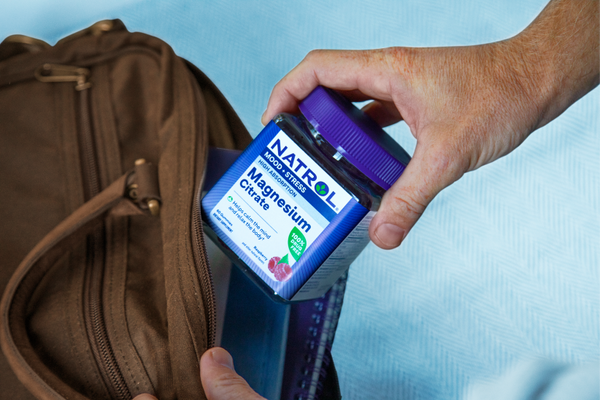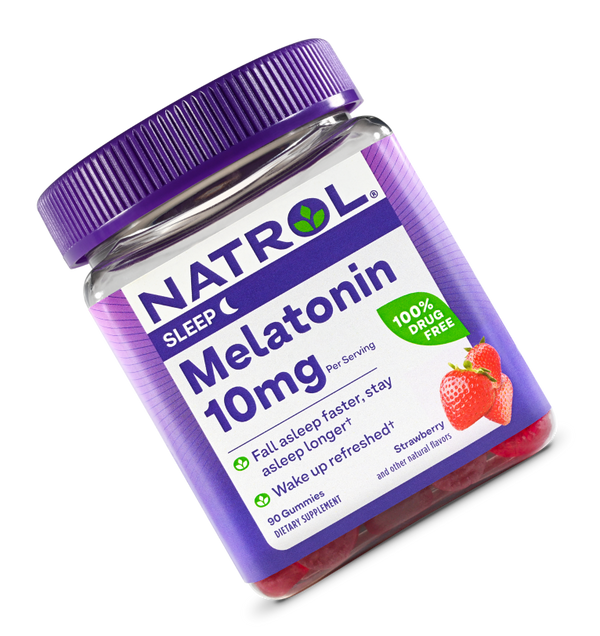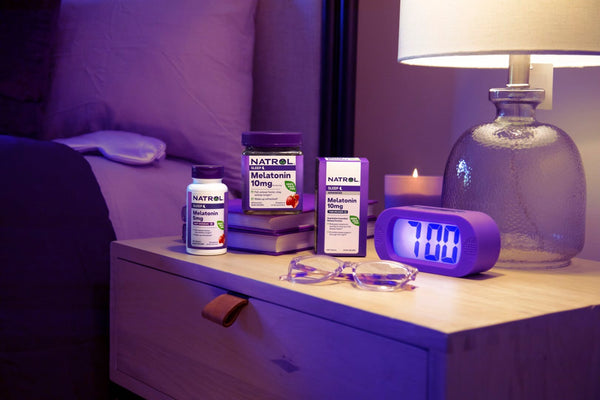Effective Sleep Strategies to Help Reset Your Internal Clock and Restore Restful Nights
Traveling, whether for business or pleasure, is a refreshing experience but the disruption to your sleep schedule can often leave you feeling out of sync. Crossing time zones can throw off your internal clock, or circadian rhythm, with the local time. This misalignment causes jet lag, characterized by fatigue, lost sleep and difficulty concentrating.
Even if you’re not crossing time zones, a change in routine and sleeping environment can still affect your sleep quality. Fortunately, there are strategies you can employ to get your sleep back on track after traveling. Two notable ways to consider helping you sleep after traveling are taking melatonin and taking magnesium.
What is Melatonin?
Melatonin is a hormone produced in the brain that regulates sleep-wake cycles. It is often called the “sleep hormone” because its levels rise in the evening, signaling to your body it’s time to sleep.
How Melatonin Helps with Sleep
When traveling, especially across multiple time zones, your body’s natural production of melatonin can be disrupted resulting in you not being able to sleep. Taking melatonin supplements can help reset your natural sleep cycle† in order to realign your internal clock with your destination’s time zone.
-
Timing:
Take melatonin 30-60 minutes before you plan to go to bed at your destination. Try to go to bed at your usual bedtime in the new time zone. This helps signal to your body that it’s time to sleep.
-
Suggested Amount:
Start with a small amount, like 1-5mg. If needed, you can gradually increase. Natrol offers a wide range of melatonin products to choose from to support individual needs and preferences.
-
Consistency:
Melatonin is helpful for occasional sleeplessness.† When you need to adjust to new time zones during travel, try melatonin for a few days to help establish a new sleep pattern and then taper off as your body adjusts.
What is Magnesium?
Magnesium is an essential mineral involved in numerous bodily functions, including muscle and nerve function.
How Magnesium Supports Sleep
Magnesium helps to relax muscles and calm the mind.† It also supports the production of melatonin, which promotes a healthy sleep cycle.†
-
Forms:
Magnesium supplements come in various forms, such as magnesium citrate, glycinate, and carbonate. Magnesium glycinate is often recommended for sleep due to its high absorption rate and calming effects.
-
Suggested Amount:
A typical amount for sleep support is 300-400 milligrams. However, it’s best to start with a small amount to see how your body responds.
-
Timing:
Take magnesium 30 minutes before bedtime to help relax your body and mind.†
Melatonin or Magnesium?
When deciding between using melatonin or magnesium for better sleep, consider the underlying cause of your sleep concerns. Melatonin is a hormone that regulates the sleep-wake cycle and is particularly useful for jet lag or lost sleep caused by a disrupted circadian rhythm. It is most effective when your body’s natural melatonin production is insufficient or misaligned.
Magnesium, on the other hand, is a mineral that supports relaxation, muscle function, and sleep.† It helps to calm the nervous system and may improve sleep quality.
Consulting with a healthcare provider can help determine the most appropriate option based on your specific sleep concerns and overall health condition. Also, it’s vital to stay hydrated, limit caffeine and alcohol intake, and step outdoors for that extra boost of natural light to help regulate your circadian rhythm.
Travel can disrupt your sleep, but with the right strategies, you can get back on track and enjoy restorative rest. If you can’t sleep after traveling, melatonin and magnesium are two tools helpful in realigning your internal clock and promoting relaxation. By combining these supplements with good sleep hygiene practices, you can overcome post-travel sleep disturbances and wake up feeling refreshed and ready to tackle your day. Safe travels and sweet dreams!
For more background on this blog post, check out Natrol’s Scientific Advisory Board web page, complete with the notable individuals and sleep experts helping our brand to further understand and meet best industry standards.
†These statements have not been evaluated by the Food and Drug Administration. These products are not intended to diagnose, treat, cure or prevent any disease.

